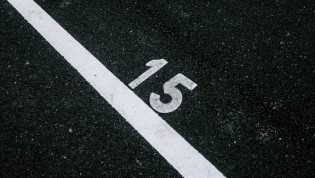A class action lawsuit launched by freelancers against the Montreal Gazette is in its final stages.
The lawsuit, which began to take shape in 1997 and first went to court in 2008, alleged that the Gazette had been reproducing freelancers’ work electronically for years without consent or compensation.
An organization called the Electronic Rights Defense Committee pursued the suit. The group represents freelancers whose work was published in the Gazette between 1985 and 2010.
The class action suit was settled in 2010 and resulted in the creation of a fund comprised of 189,479 Postmedia voting shares and $83,210.27. Any freelancer who authored at least 5 articles in The Gazette between January 1, 1985 and June 6, 2010 will soon be eligible to file a claim for a share of the settlement. Drafts of the claim forms are available on the ERDC website.
This case represents the latest in a string of lawsuits against publishers over the issue of digital rights. In 2009, Heather Roberton succeeded in her class action suit against the Globe and Mail over digital rights. Because of these types of cases, many publishers now use contracts that require freelancers to relinquish their digital rights.
Background to the Montreal Gazette case can be found in this post on the PWAC Quebec website.
Search
Recent Posts





